The concept of marriage has undergone significant transformations across generations, and nowhere is this more evident than among American Millennials. Born roughly between 1981 and 1996, this generation is redefining what it means to commit to a lifelong partnership. Unlike their Baby Boomer or Gen X predecessors, Millennials are delaying marriage longer than any previous generation, opting instead for personal growth, career stability, and financial security before tying the knot. This shift isn’t just a cultural curiosity—it’s a reflection of deeper societal and economic currents shaping modern relationships.
Economic instability looms large as a defining factor in Millennials' marital timelines. Many entered the workforce during or in the aftermath of the Great Recession, facing stagnant wages, soaring student debt, and skyrocketing housing costs. These financial hurdles have made the traditional milestones of marriage and homeownership feel increasingly out of reach. For some, cohabitation has become a pragmatic alternative, allowing couples to share expenses without the legal or financial commitments of marriage. Others are choosing to live with parents or roommates well into their 30s, further delaying romantic partnerships.
The rise of the gig economy has also reshaped priorities. With fewer stable career paths, Millennials often prioritize professional flexibility over settling down. The idea of "having it all"—a thriving career, a happy marriage, and financial stability—has proven elusive for many. Instead, this generation is more likely to view marriage as a capstone rather than a cornerstone of adulthood, something to be achieved after other life goals are met. This stands in stark contrast to previous generations, who often saw marriage as the foundation upon which to build a life.
Cultural attitudes toward marriage have shifted dramatically as well. Millennials are far more likely to support same-sex marriage, interracial relationships, and other non-traditional unions than older generations. There’s also less stigma around remaining single or divorcing if a marriage doesn’t work out. These changing norms have created an environment where marriage is seen as one of many valid life choices rather than an obligatory rite of passage. The pressure to marry by a certain age has diminished, replaced by an emphasis on personal fulfillment and compatibility.
Technology has played a paradoxical role in Millennial relationships. Dating apps have made it easier than ever to meet potential partners, yet they’ve also contributed to a phenomenon known as "choice overload." With endless options at their fingertips, some Millennials struggle to commit, perpetually wondering if someone better might be just a swipe away. Others use these platforms intentionally, waiting to settle down until they find a partner who aligns with their values and lifestyle. The digital age has made relationships both more accessible and more complicated, adding another layer to the decision of when—or whether—to marry.
When Millennials do marry, their weddings often look different from those of their parents. Smaller, more intimate ceremonies are increasingly common, as are destination weddings and non-traditional venues. Many couples are also opting for prenuptial agreements, reflecting both financial pragmatism and the reality that nearly half of all marriages end in divorce. There’s less emphasis on extravagant displays and more focus on creating meaningful experiences, a trend that mirrors Millennials' broader values around authenticity and intentionality.
Despite these delays, research suggests that Millennials who do marry may have stronger unions than previous generations. Waiting until later in life often means both partners are more emotionally mature and financially stable. Divorce rates among Millennials are actually lower than those of Gen X or Baby Boomers at the same age, suggesting that when this generation commits, they do so with greater care and deliberation. This could signal a positive shift toward more sustainable, equitable marriages—even if they happen later in life.
The Millennial approach to marriage reflects broader generational values: flexibility, individualism, and a rejection of rigid life scripts. While some critics argue that delaying marriage undermines social stability, others see it as a necessary adaptation to an increasingly complex world. What’s clear is that the institution of marriage isn’t disappearing—it’s evolving. As Millennials continue to navigate economic uncertainty, changing gender roles, and new technologies, their marital choices will likely keep reshaping American family structures for decades to come.
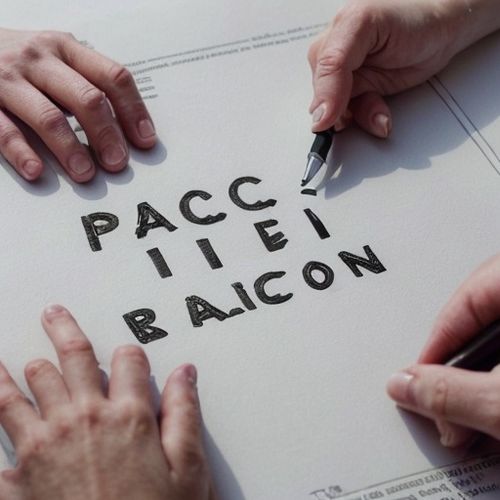
By Jessica Lee/Apr 19, 2025

By Noah Bell/Apr 19, 2025
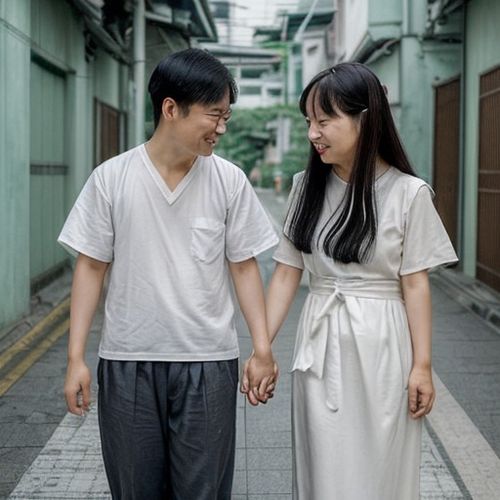
By Amanda Phillips/Apr 19, 2025
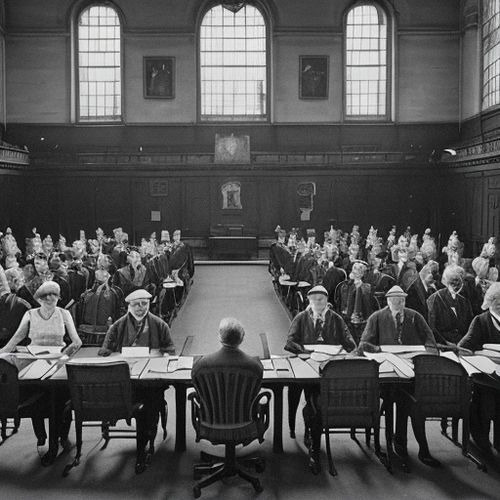
By Daniel Scott/Apr 19, 2025

By David Anderson/Apr 19, 2025
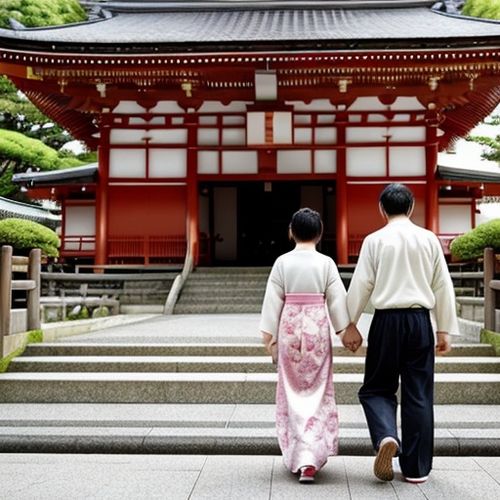
By Grace Cox/Apr 19, 2025

By Christopher Harris/Apr 19, 2025
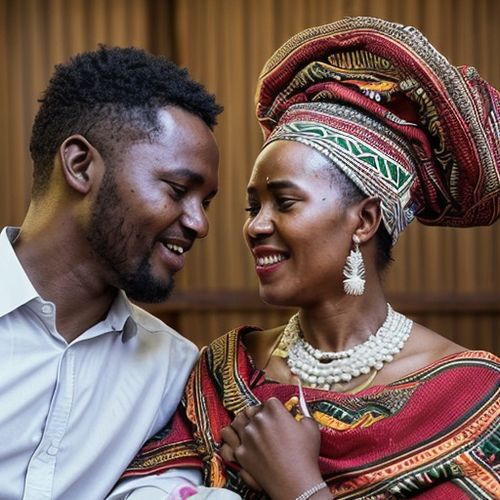
By Laura Wilson/Apr 19, 2025
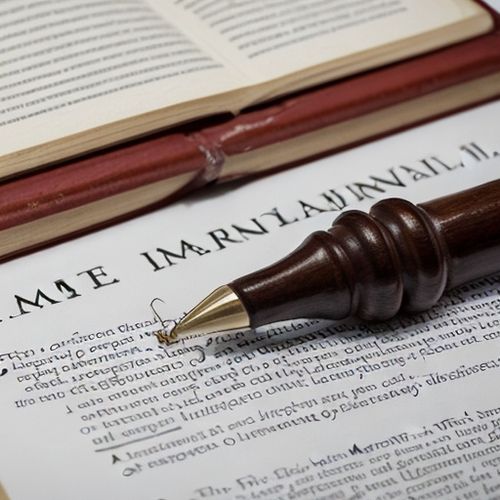
By Rebecca Stewart/Apr 19, 2025
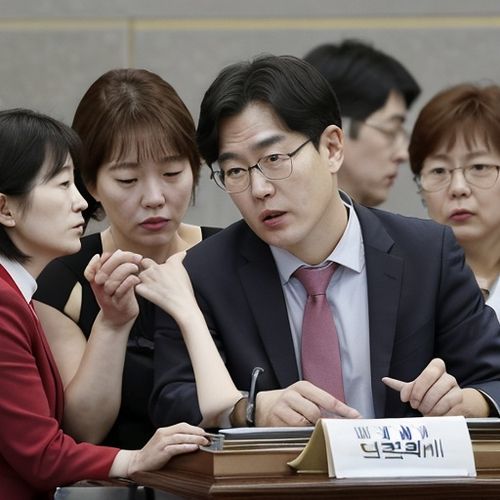
By Olivia Reed/Apr 19, 2025
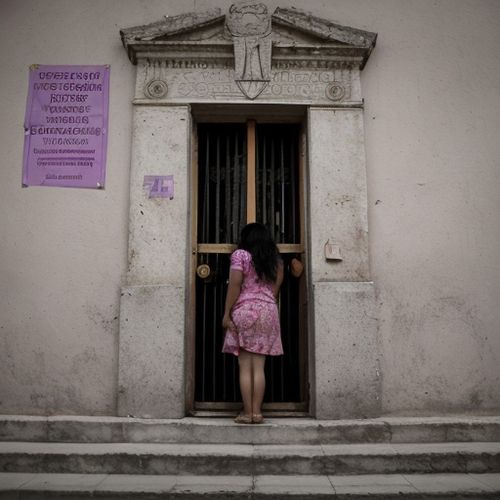
By Natalie Campbell/Apr 19, 2025

By Daniel Scott/Apr 19, 2025

By Eric Ward/Apr 19, 2025

By Daniel Scott/Apr 19, 2025

By Megan Clark/Apr 19, 2025
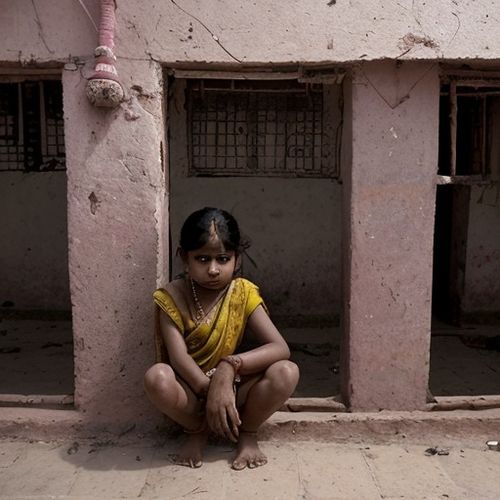
By Grace Cox/Apr 19, 2025
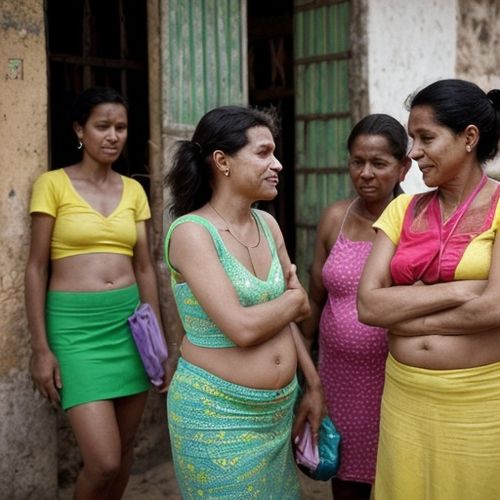
By George Bailey/Apr 19, 2025

By Natalie Campbell/Apr 19, 2025